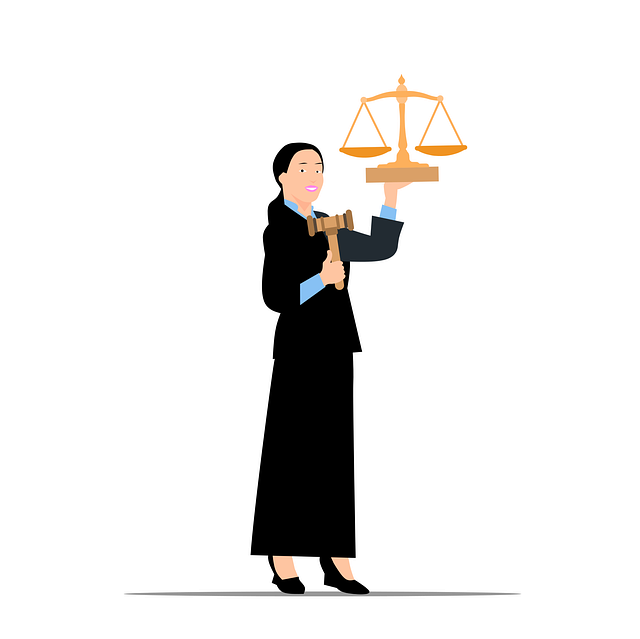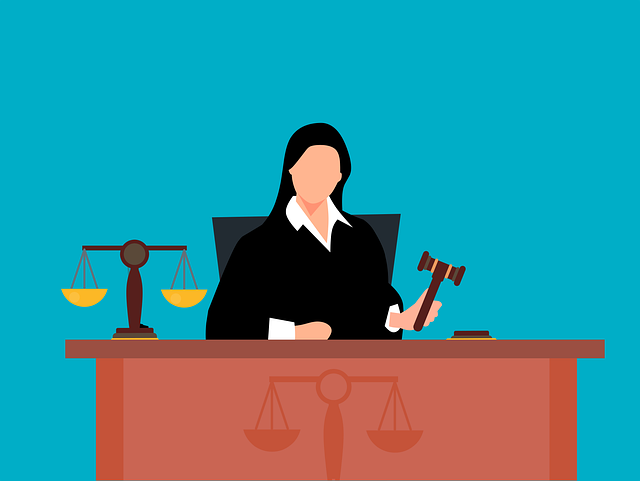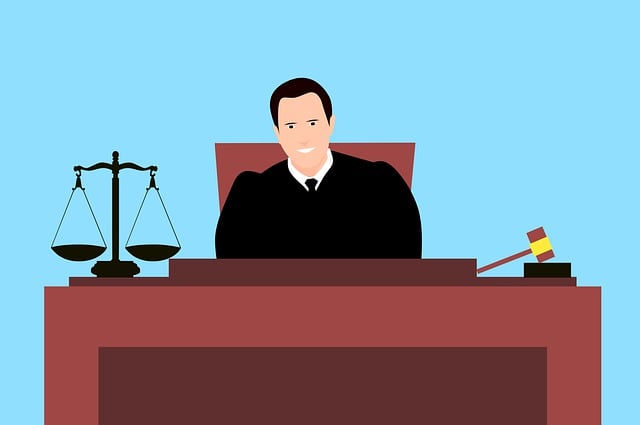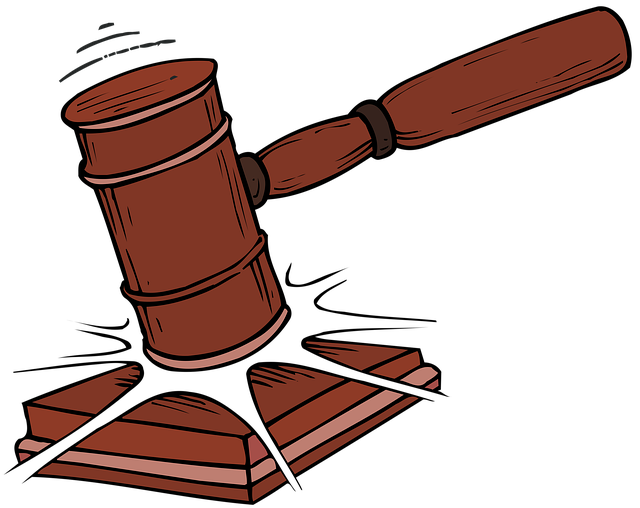Legal advocacy in criminal cases is Oregon's cornerstone for ensuring fairness and justice. Lawyers protect accused individuals by challenging evidence, negotiating plea deals, and preparing trials, upholding the integrity of the system. Skilled advocates guide clients through complex law, gathering evidence, interviewing witnesses, and employing expert testimony. Effective communication leads to plea bargains or reduced charges. During trials, cross-examination weakens prosecution cases. Appeals rectify errors, potentially leading to reversals or reduced sentences, emphasizing the critical role of legal advocacy in criminal cases.
In Oregon, navigating a criminal allegation requires understanding a complex justice system and effective legal advocacy. This article guides you through the intricate process of defending against criminal charges, from comprehending Oregon’s criminal justice framework to employing strategic defense mechanisms. We explore the pivotal roles of legal representation in building a robust defense, as well as the trial process and appeals, ensuring you’re equipped with knowledge to safeguard your rights. Discover key strategies for navigating these challenging circumstances.
- Understanding Oregon's Criminal Justice System
- Roles of Legal Advocacy in Criminal Cases
- Strategies for Building a Defense
- Navigating the Trial Process and Appeals
Understanding Oregon's Criminal Justice System

Oregon’s criminal justice system operates under a structured framework designed to ensure fairness and justice for all individuals accused of crimes. Understanding this system is crucial for anyone facing criminal allegations, as it determines the legal advocacy options available. The state follows a typical criminal procedure, beginning with arrest, followed by an initial court appearance where charges are read out. Defendants then have the right to consult legal advocates who can guide them through the intricate legal process.
Oregon’s legal system emphasizes the role of lawyers in protecting the rights of the accused. Legal advocacy plays a pivotal role in criminal cases, offering vital support and expertise. From challenging evidence to negotiating plea deals or preparing for trials, advocates ensure that defendants’ rights are upheld and they receive a fair trial. This process is essential to maintain the integrity of the justice system while safeguarding the interests of those facing criminal charges.
Roles of Legal Advocacy in Criminal Cases

Legal advocacy plays a pivotal role in defense against criminal allegations in Oregon. Skilled legal representatives act as the primary line of defense, ensuring that the rights of the accused are protected throughout the legal process. They provide crucial guidance and representation, navigating the complex landscape of criminal law to build a robust defense strategy.
In these cases, legal advocacy involves various key functions. First, it ensures that evidence is gathered and presented effectively, challenging any illegal or unreliable evidence against the client. Additionally, lawyers advocate for their clients’ rights, protecting them from potential miscarriages of justice. They also facilitate communication between the accused and the court, ensuring that all parties understand their legal options and obligations.
Strategies for Building a Defense

When facing criminal allegations, developing a robust defense strategy is paramount. Legal advocates in Oregon play a crucial role in guiding individuals through this process. They employ various tactics to build a solid case, ensuring their clients’ rights are protected. One key approach is to gather and analyze evidence, scrutinizing its reliability and relevance. This involves interviewing witnesses, examining physical proof, and often employing expert testimony to challenge the prosecution’s claims.
Additionally, skilled legal advocates leverage Oregon’s specific laws and procedural rules to their advantage. They may argue for the exclusion of certain evidence, raise procedural issues, or exploit loopholes to weaken the case against their client. Effective communication and negotiation with prosecutors are also vital, potentially leading to plea bargains or reduced charges. Ultimately, a well-crafted defense strategy, combined with expert legal advocacy in criminal cases, can significantly influence the outcome.
Navigating the Trial Process and Appeals

Navigating the trial process is a crucial aspect of defense against criminal allegations in Oregon. Legal advocacy plays a pivotal role here, ensuring that defendants’ rights are protected and their stories are accurately presented. Skilled attorneys guide clients through pre-trial hearings, where they can challenge evidence, suppress inadmissible statements, and gather supporting witnesses. During the trial itself, legal advocates employ strategic cross-examination to weaken the prosecution’s case and present alternative narratives.
Appeals are another critical phase in the criminal justice system, offering a chance for legal advocacy to rectify procedural errors or misapplications of law. Appeals lawyers meticulously review trial records, identify issues, and craft persuasive arguments to advocate for a defendant’s interests. This process can lead to reversals, dismissals, or reduced sentences, demonstrating the profound impact of effective legal representation in criminal cases.






